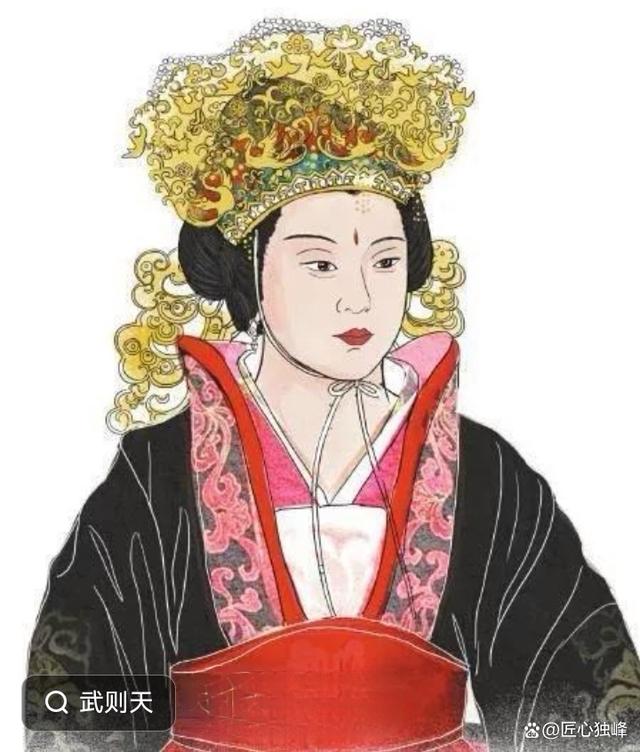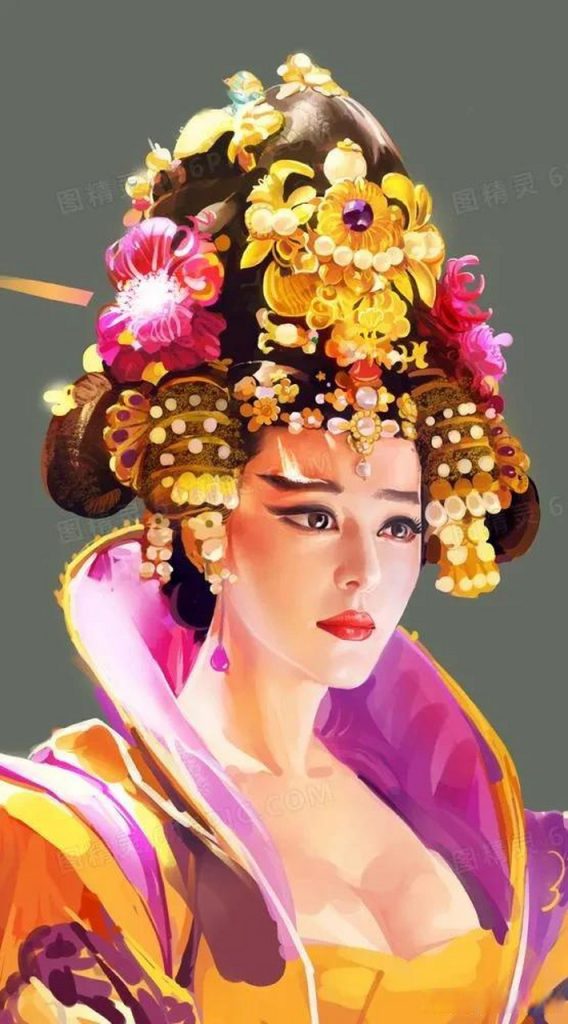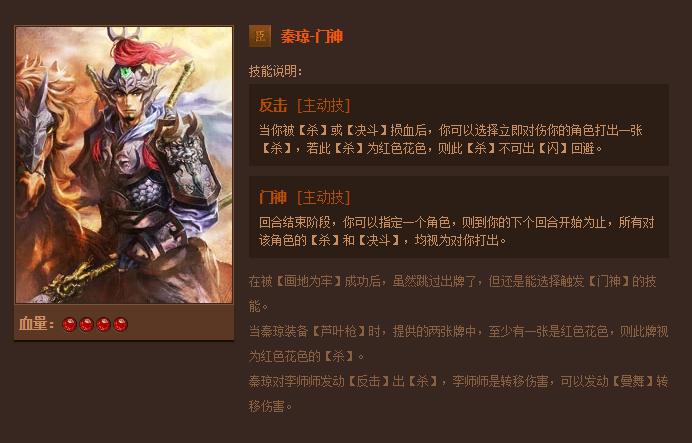Why aren’t Li Bai and Du Fu the Eight Great Masters of the Tang and Song Dynasties? Below, the History Encyclopedia editor will provide a detailed introduction to the relevant content.

The full name of the Eight Masters of Tang and Song Dynasties is the Eight Masters of Classical Chinese Literature of Tang and Song Dynasties. When mentioning the Eight Masters of Tang and Song Dynasties, one will think of them: “Zeng Xiu, the King of Han Liu of the Three Sovereigns”. Among them, Han Yu and Liu Zongyuan were leaders of the Tang Dynasty’s ancient prose movement; Ouyang Xiu and San Su were the core figures of the cultural movement in the Song Dynasty; Wang Anshi and Zeng Gong are representative figures of Linchuan literature. Han Yu was an advocate of the “Ancient Prose Movement”, and the waves of ancient prose reform they successively sparked have revitalized the achievements of poetry and literature development. However, there are different opinions in history as to why the poets Li Bai and Du Fu were not selected as one of the Eight Great Masters of the Tang and Song dynasties.
Firstly, the Eight Great Masters of Tang and Song dynasties first appeared in the early Ming Dynasty when Zhu You selected Han, Liu and other literati as the “Collected Works of Six Masters”. As they merged the Three Sovereigns into one family, they were actually the “Collected Works of Eight Masters”. During the late Ming Dynasty, Mao Kuncheng and his two companions compiled a collection of 164 volumes titled “The Eight Masters of Tang and Song Literature”. This book was widely circulated in ancient times, and the name “The Eight Masters of Tang and Song” became popular accordingly.
Secondly, the Eight Great Masters of the Tang and Song Dynasties were proposed during the mid Tang period by the ancient prose movement led by Han Yu. Due to the advocacy and inheritance of later writers, the Eight Great Masters of the Tang and Song Dynasties were formed. The Eight Great Masters of the Tang and Song dynasties were mostly known for their prose; The “Poet Immortal” Li Bai and the “Poet Saint” Du Fu are mainly renowned for their poetry, and have little specific relationship or intersection with the ancient prose movement of later generations. The Eight Masters of Tang and Song were selected specifically for their prose in ancient prose during the Tang and Song dynasties, which is one of the reasons why they are not among the Eight Masters of Tang and Song.

Finally, the mid Tang and Song dynasties coincided with the ancient prose movement. However, eight individuals such as “San Su Han Liu Wang Zeng Xiu” demonstrated outstanding performance during the movement. The central figures of the ancient prose movement advocated prose and opposed parallel prose, which had a profound impact on the literary world of that time and later generations. Therefore, they are known as the Eight Masters of Tang and Song.
Although Li Bai and Du Fu were not selected as one of the Eight Great Masters of Tang and Song dynasties, their poetry still has a great influence and has a significant impact on later poetry. Relatively speaking, Li Bai and Du Fu were skilled in poetry, and the names of “Poet Immortals” and “Poet Saints” represent their status in the poetry world. The Eight Masters of the Tang and Song Dynasties were selected based on the ancient prose of the Tang and Song dynasties.
The Eight Great Masters of the Tang and Song Dynasties were initially compiled into the “Collected Works of Eight Scholars” by Zhu Youjiang, one of the eight essayists of the Ming Dynasty. The name of the Eight Great Masters began here.



